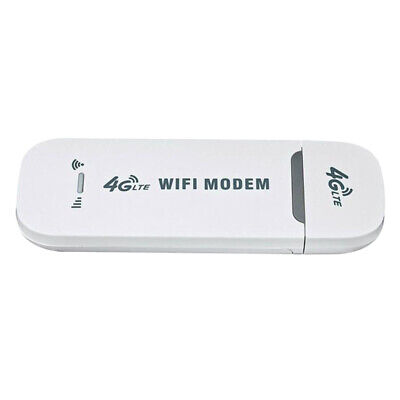
Influencer II
- 1,988
- First Name
- Peter
- Last Name
- Dougherty
- Member #
-
28487
- Ham/GMRS Callsign
- W2IRT
I would like to install a dedicated WiFi hotspot in my vehicle to connect our devices to when we're on the highway and in cellphone range. I have a Jeep Grand Cherokee which has built-in WiFi, but unfortunately it's 5 GHz only, and I have one mission-critical device that's 2.4 GHz only (a ham radio DMR/YSF hotspot), so I cannot use the built-in connection in the Jeep. On a recent road trip I just tethered my phone, however the current drain was exceeding the ability of the USB ports to charge the phone, so that, too, is a non-starter.
We have a Verizon service plan and we're going to be in the northeastern US for 99.99999% of the time we're on the road, and their 4G-LTE and faux-5G data speeds are good everywhere we go, but I'm not married to the idea of Verizon as my hotspot data provider. Any suggestions as to what's a good and very reliable device that won't need a lot of messing with to make work from inside the vehicle? It will likely be mounted in an inaccessible location behind the dash.
We have a Verizon service plan and we're going to be in the northeastern US for 99.99999% of the time we're on the road, and their 4G-LTE and faux-5G data speeds are good everywhere we go, but I'm not married to the idea of Verizon as my hotspot data provider. Any suggestions as to what's a good and very reliable device that won't need a lot of messing with to make work from inside the vehicle? It will likely be mounted in an inaccessible location behind the dash.









